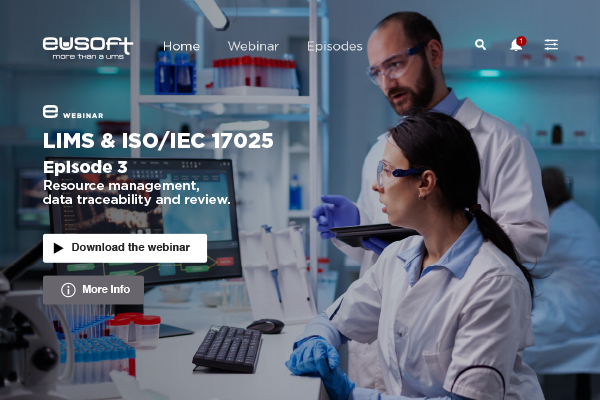How much does a LIMS cost?
This is a very good question and while coming up with the answer is more complicated than people think, we have broken down the costs for a LIMS below. Further, we have done so for the two most prevalent LIMS delivery models: Software as a Services (SaaS) and Traditional (On Premise).
There are many cost factors associated with a LIMS including:
- Software Licenses
- Optional modules
- Hardware
- Implementation & Customization services
- Training services
- Support services
Below an example of the types of costs you may incur with the two above-mentioned delivery models:
| On Premise | SaaS | |
| Startup costs | ||
| License | £ 15,000 | £ 0 |
| Server hardware | £ 2,500 | £ 0 |
| Server software | £ 1,500 | £ 0 |
| Backup hardware and software | £ 2,000 | £ 0 |
| Ancillary server equipment | £ 500 | £ 0 |
| Total | £ 21,500 | £ 0 |
| On Premise | SaaS | |
| TCO (Total cost of ownership) | ||
| Estimated useful life (months) | 36 | |
| Users | 5 | |
| Cost user/month | £ 0 | £ 100 |
| Installation cost | £ 1,000 | £ 0 |
| Implementation cost | £ 5,000 | £ 2,000 |
| Assistance cost | £ 2,000 | £ 0 |
| IT staff cost | £ 3,000 | £ 0 |
| Total | £ 11,000 | £ 8,600 |
| On Premise | SaaS | |
| Monthly cost | ||
| System maintenance | £ 150 | Included |
| Backup cost | £ 50 | Included |
| Cloud fees | £ 0 | £ 350 |
| Total | £ 200 | £ 350 |
| Variable cost | ||
| Unplanned repair costs | £ 2,000 | £ 0 |
| Total cost over estimated life | £ 42,700 | £ 21,200 |
So, let’s take a closer look at the costs for a SaaS LIMS solution: SaaS LIMS do not have initial cost of license but is based on a pay-per-use logic. Usually the support is already included in the service, as are the updates and backups. One of the big cost benefits in this model is the ability to change the number of licenses as your needs change on a monthly or yearly basis. The biggest cost savings in the SaaS model is that there is no need for additional hardware since, by definition, the database and the LIMS are being hosted by the provider.
Next let’s look at the costs associated with an On Premise LIMS. With a traditional LIMS solution, you will “own” the licenses so from a financial point of view the licenses can be depreciated over time. When it comes to user licensing costs, it is important to understand whether the vendor is providing named or concurrent user licenses. Named users are just that, a particular person or user. Concurrent users are simultaneous users. In other words, you can have many possible users but only so many users on the system at the same time, i.e. concurrently or simultaneously. A general rule of thumb can be 3 named users equals 1 concurrent user but this may not be the case during peak use times. There will be costs for hardware, support and maintenance and the backup will be carried out by the customer. Implementation and customization costs for a Traditional LIMS solution can be considerable; sometimes two or three times the cost of the licenses depending on your needs.




